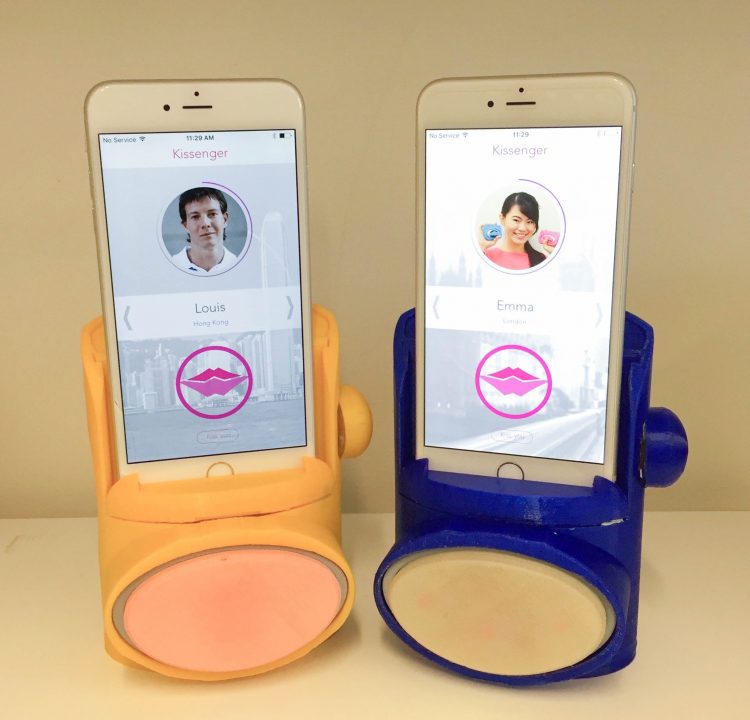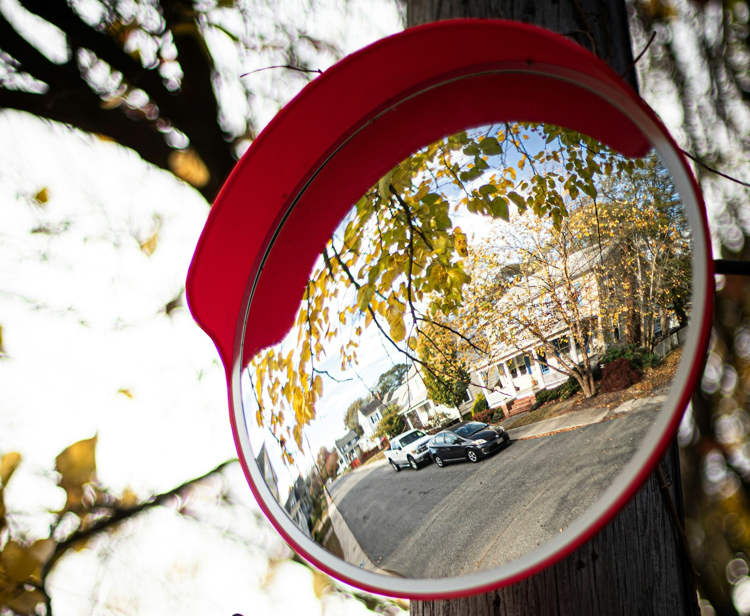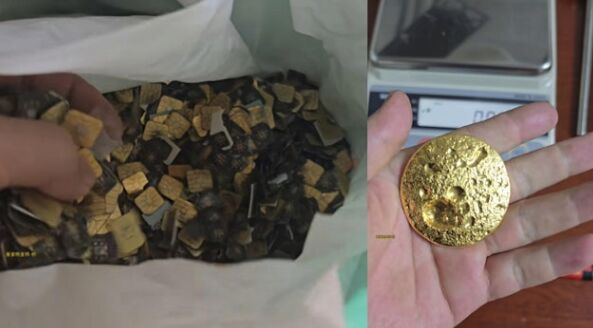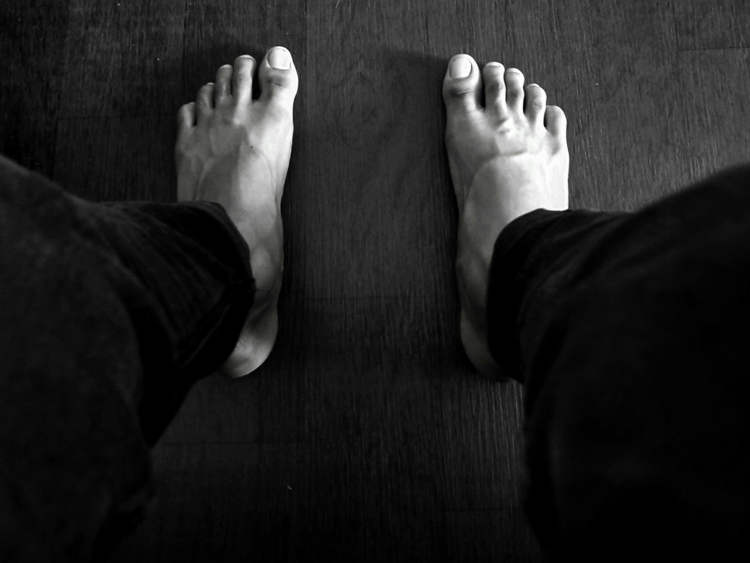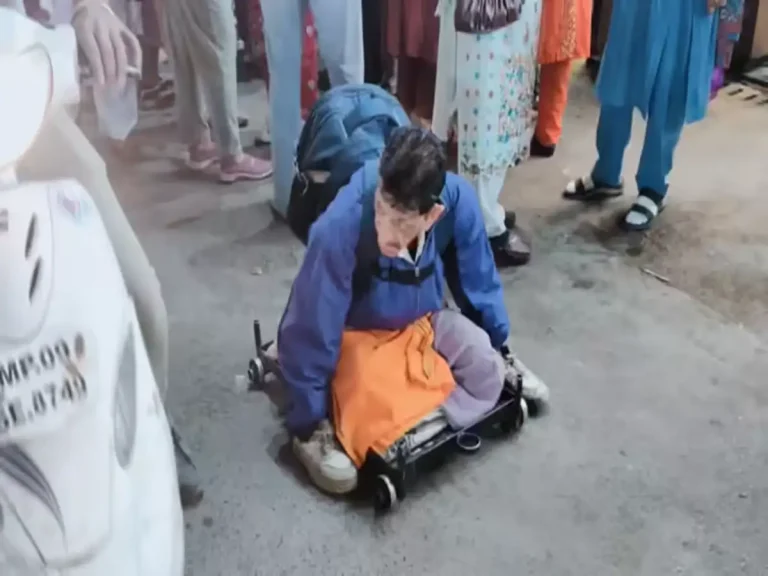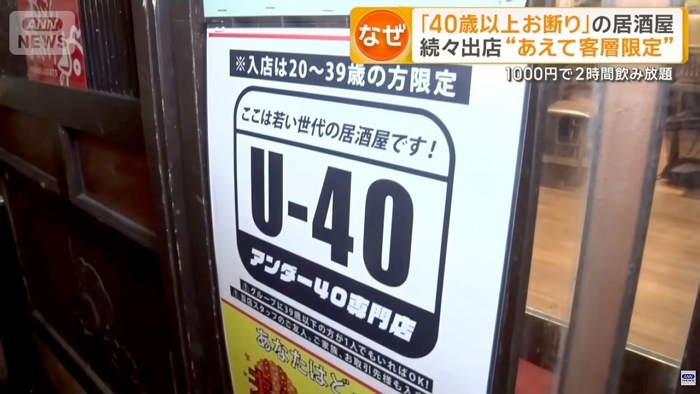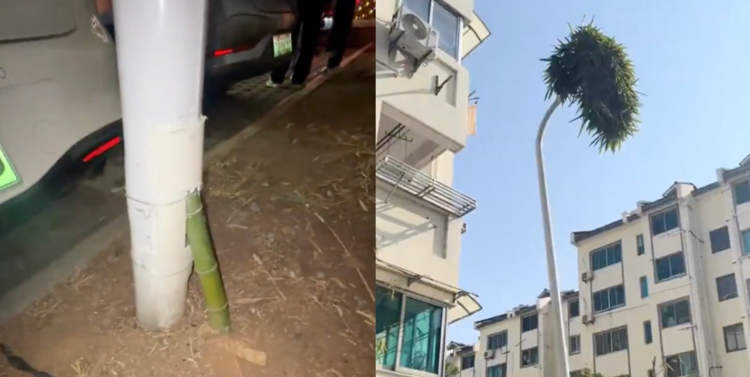Long distance relationships are always tough, and the lack of physical interaction is one of the main reasons for that. There’s no substituting human touch, yet, but rapidly-advancing technology already provides some intriguing alternatives. One such example is the Kissenger, a smartphone peripheral that allows users to kiss over long distances.
The concept of long-distance kissing has been an intriguing research concept for over half a decade now. Back in 2012, we wrote about the Kissenger, a solution created by Dr. Hooman Samani, Director of AIART Lab (Artificial Intelligence and Robotics Technology Laboratory) in Singapore. It consisted of two internet-connected bunny-shaped robots with big silicone lips that could send the touch of human lips between each-other to (sort of) simulate a kiss between two human beings. Samani described it as a “a physical interface enabling kiss communication”.
The Kissinger made international news headlines when it was originally revealed, but it never translated into an actual consumer product. However, the idea of transmitting human kisses over long distances remained popular, and, earlier this month, Emma Yann Zhang, a Computer Science PhD student at City University London, presented her own take on the idea, also called the Kissenger.
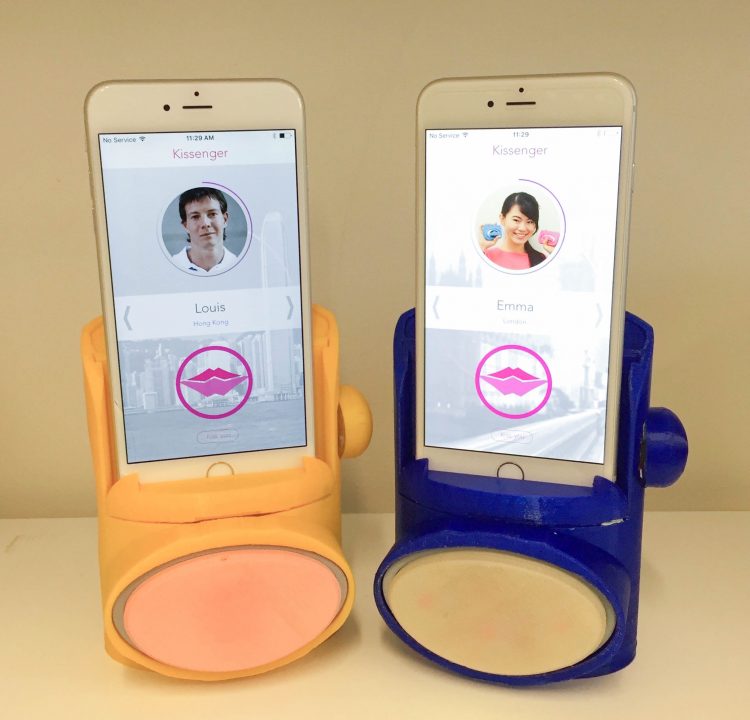
Derived from the words ‘kiss’ and ‘messenger’, the Kissenger works in a similar way as Dr. Samani’s Kissenger, but features a much more practical design. Instead of a cute robot connected to a computer, the Kissenger takes the shape of a smartphone cover, with a large, oval silicone “lip” at the bottom. All the user has to do is plant a wet one on this silicone pad and built-in high precision force sensors register a user’s lip movements, while miniature linear actuators replicate those movements on a second device used by the person being kissed.
The Kissenger aims to replicate romantic kisses, but as Emma Yann Zhang says, the device can also be used by parents to give their children a kiss on the cheek when they are away at work. The PhD student presented her invention at the recent Love and Sex with Robots conference, where she said that humans will inevitably become more intimate with A.I. or robots, and being able to share a kiss will play a big part in that kind of relationship.
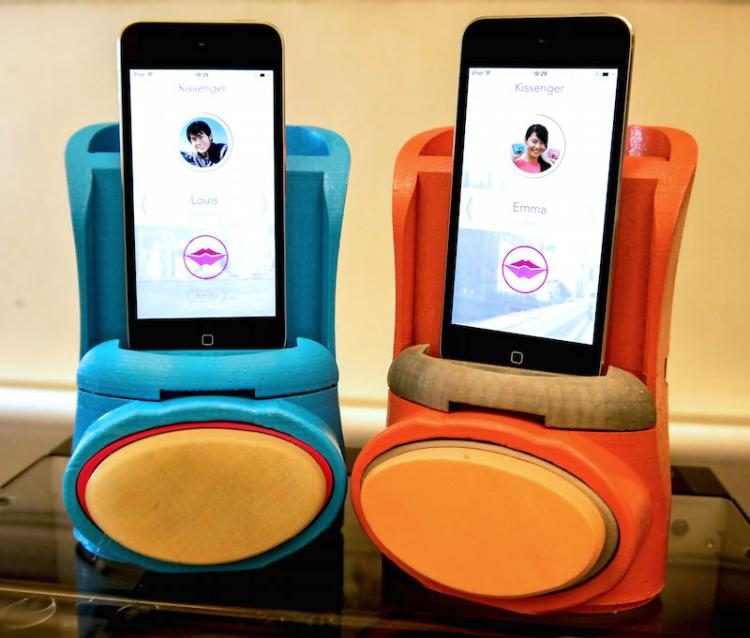
Zhang admits that her invention still requires a fair bit of work to create a lifelike kissing experience, but she is already working to improve it. She and her team are working on a way to build scent into the Kissenger, so that users can also get the authentic smell of the person they want to kiss. They also want to record data about blood pressure and heart rate to see if users are affected in the same way that they are by a real kiss.
The Kissenger is still a long way from becoming a real consumer product, but the concept of long-distance kissing is definitely evolving.
via Gizmodo

